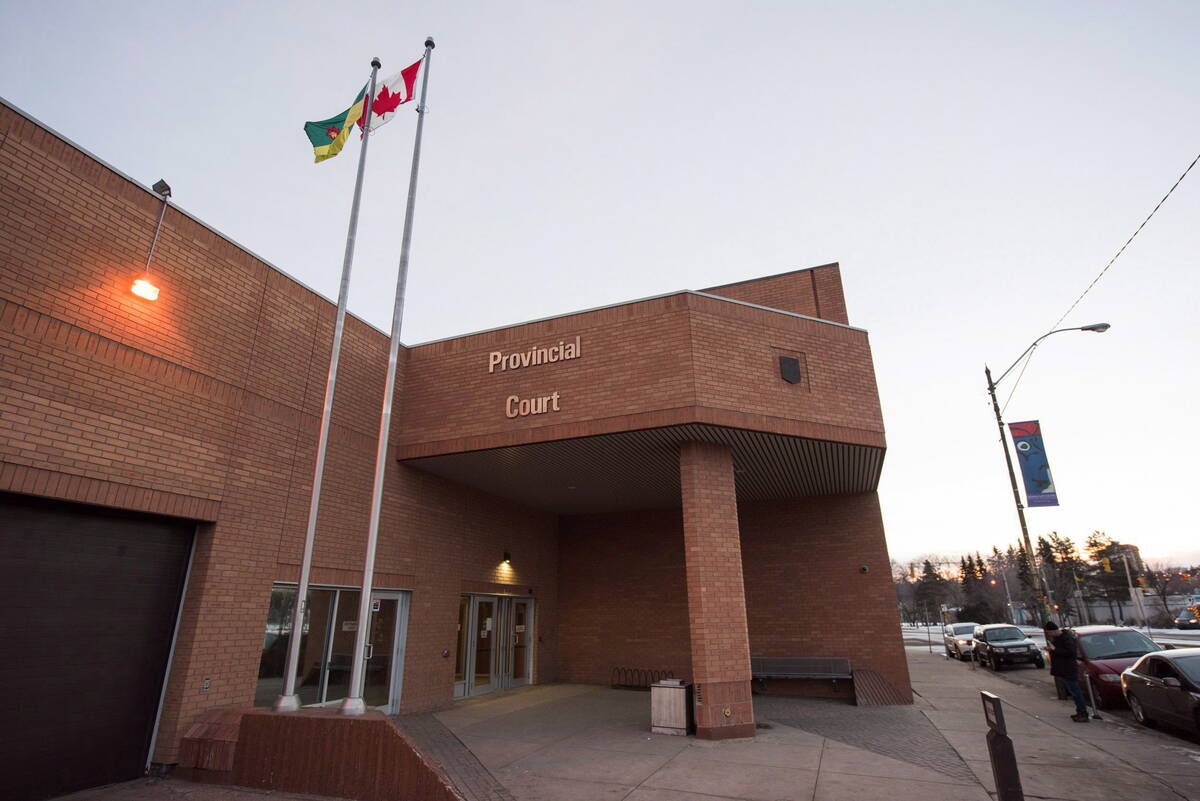FISHER BRANCH, Man. Ñ The McKays don’t mind living well off the power grid.
In fact, they had to work hard to end up in a place that the pioneers abandoned decades ago.
“The rumour is that there hasn’t been anyone living up here in 75 years, maybe longer,” said Cindy McKay, as she, her husband, their four children and their dog moved cattle through a rebuilt set of chutes.
“It has its challenges, for sure, living so far off the beaten path.”
The McKays’ 190-head cow-calf operation sits in forest fringe countryside north of Fisher Branch, with a wooded ridge just to the east and a pristine lake visible from their hilltop house. The land around here is a mixture of forest, brush and fields cleared for pasture and hay production.
Read Also

Understand limitation periods if considering civil suit
A limitation period refers to the amount of time a plaintiff has to commence a formal claim in court or lose their ability to pursue it.
To settle here, the McKays had to be willing to live without access to the electrical grid or the landline telephone system.
They live in a house powered by solar panels, with a propane-powered backup generator, and for years had only cellphone access to the outside world. Recently federal regulators ordered telephone service providers to give them a landline for $1,000, so they don’t have to rely on an undercapacity cellphone tower anymore to reach 911.
Most producers don’t want to live without modern conveniences. Their nearest producer-neighbour is 11 kilometres away. But the McKays thought that if they had to choose between living next to their productive land base or living in a comfortable place far away from their cattle, there wasn’t really a choice.
“It didn’t make any economic sense to do all that travelling back and forth,” said Cindy about their decision to leave their home near Fisher Branch and move where there was a lot more cattle land available.
Going their own way
Neither Ken nor Cindy has a history of making typical choices. When he was 24 years old, Ken left his home in southern British Columbia’s scenic cattle country, near Vancouver. He chose instead to live in the rough and infertile bushland of Manitoba’s Interlake, more than two hours north of Winnipeg.
“I know there are other places to live,” said Ken, with a typical cattle producer’s brevity and wit.
What brought him to Manitoba?
“A pickup,” he deadpanned.
Cindy explained his decision, saying “there’s opportunity for a young man to start, and he saw it and he took it.”
Cindy made a similar journey. She left southern Alberta for Winnipeg, which she thought seemed interesting “because it’s in the middle of the country.”
She worked in Winnipeg for a while, but then moved to Fisher Branch where a friend lived. She met Ken in 1987 and they married in 1989.
She worked as a bookkeeper for a local John Deere dealership for a few years, then stayed home after she had Amy, the first of their children. Soon Ian, Clint and Scott followed.
But once the youngest reached kindergarten age, Cindy decided to turn a personal interest into an unusual off-farm career. She had taken a writing course years before and had joined the Lake Winnipeg Writers Group, discovering that she loved writing. In the group she met the editor of the Interlake Spectator, and he had encouraged her to consider a job as reporter.
Off-farm employment
In January 2003 she started working out of the Spectator’s Arborg office.
This turned out to be a lucky move, because four months later the U.S. border was shut because of BSE, and being a cattle producer didn’t seem too safe a bet on the future.
The off-farm income helped solidify the family’s finances, and gave her something to think about other than the cattle industry.
“It was a very emotional time, after May 20, and my editor made the very wise choice of passing the BSE coverage to a fellow reporter,” she said.
“For me to do it, it would have been too close and I couldn’t have handled it.”
But as the crisis dragged on, Cindy found that the family farm was still economically viable, and she began writing about the situation from a producer’s perspective.
“Now I’m able to step back and provide a voice that nobody else has,” she said. “That’s really an asset.”
For the kids, living far from civilization has its minuses, such as the long school bus ride to and from Fisher Branch.
“They do their homework on the bus,” Cindy said.
“We talk to our friends,” Amy said.
And living on the frontier has offered other opportunities. All of the kids have spent time fur trapping in the winter, and the three boys this year bought a snowmobile with their chore money from wood chopping so they can run their trap lines. They catch coyotes, and martens and fishers, both members of the weasel family.
Living out here has made all four kids passionate about cattle. All four say they want to be producers when they grow up.
Ian, who is 12 and spent much of this day in the saddle moving cattle, said he sees a big advantage to living out here.
“No people,” he said with a big smile.

















